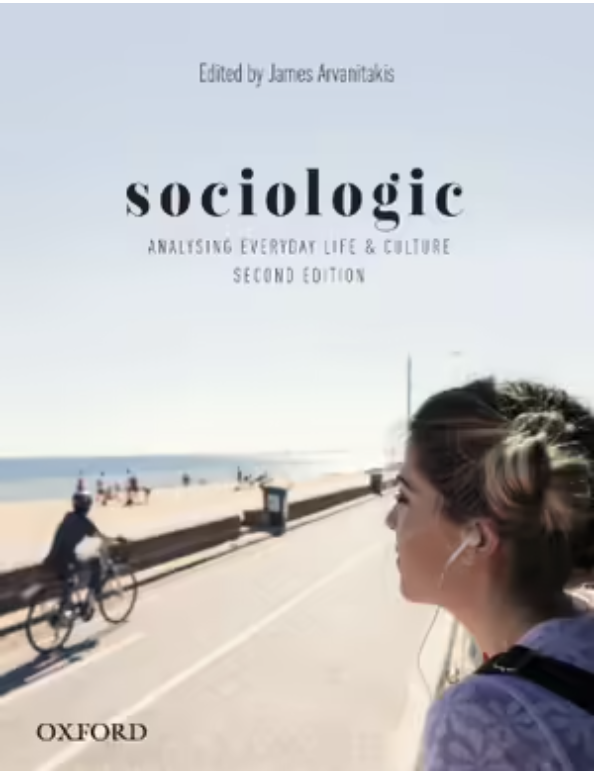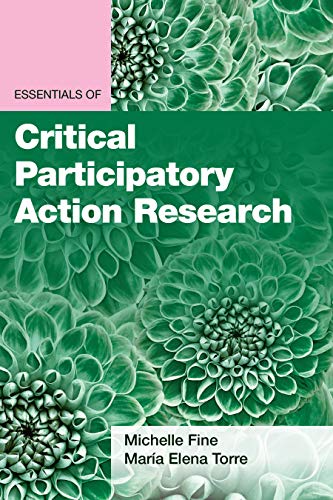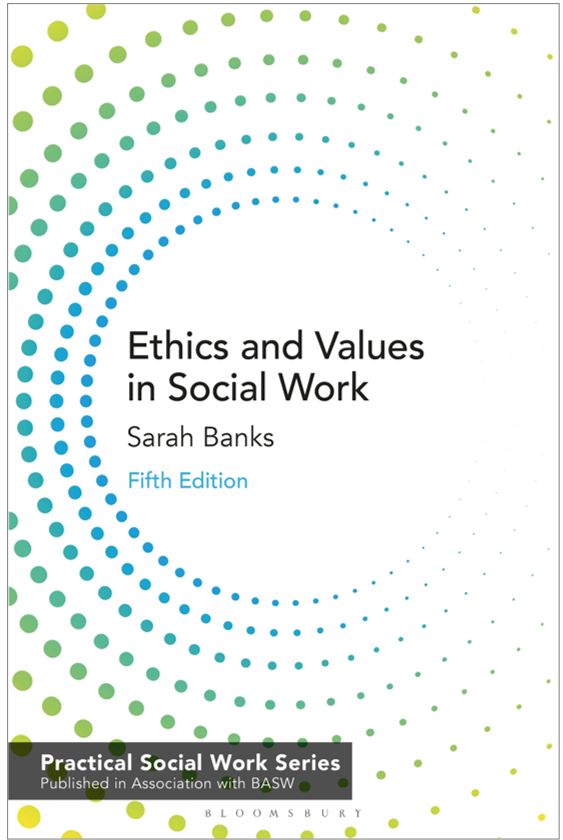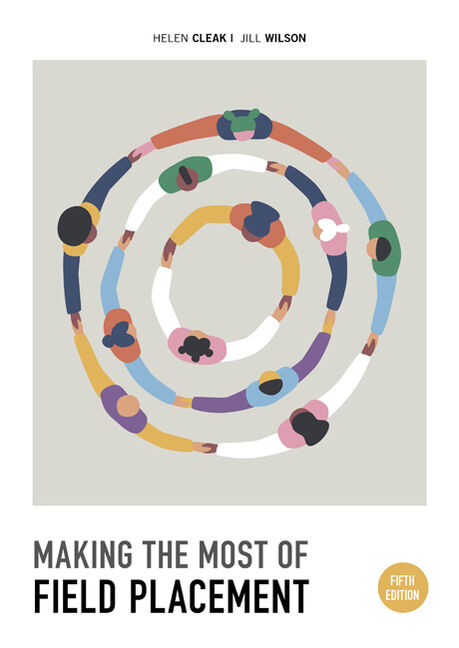
Sociological theories and insights are foundational knowledge for social work theory and practice. Sociology is a cognate discipline that provides students with critical reflective analysis to explore social issues and the impact these have on individuals, groups, communities and the wider society. In this unit, students explore social stratification and inequality, through analysis of class, sex and gender, race and ethnicity, and power and intersectionality. They will also critically reflect on globalisation, the impart of climate change, and social movements. In the unit students will explore topics such as work and the economy, religion and spirituality, youth, Aboriginal Australians, and deviance and crime.
- Lecturer: Valentine -
- Lecturer: Rose Leontini

Understanding the purpose and context of social work and human services is essential for Social Work practitioners. The context provides the basis for a better appreciation of the values and ideals of professional practice. The unit introduces students to the role of human services within the Australian political context. It is designed to enable students to develop a critical analysis of the contribution of the market, state, and community encouraging reflection on underpinning values. It also enables students to critically evaluate the broader organisational, societal, and political context of practice. It will also identify and critically evaluate strategies which can be developed and used in each of these domains to bring about socially just outcomes
- Lecturer: Emmanuel Adomako Brenyah
- Lecturer: Rex Zhang

Psychology provides social work with essential and relevant theories and concepts for understanding the individual in society. It provides social work with psychological theories to process human behaviour. The understanding of self and identity are critically examined in the unit. Topics examined include attitudes – change and formation, prejudice and discrimination, aggression and pro-social behaviour, social influence, attraction, and language and communication.
- Lecturer: Valentine -
- Lecturer: Tury Beatrix

This unit explores the fundamental role of ethics in the diverse field of Social Work, particularly within the Australian context. It introduces students to ethical theories, moral reasoning, and frameworks for ethical decision-making. The unit emphasizes the importance of cultural safety, which involves understanding and respecting the cultural identities and experiences of individuals and communities, and ensuring that social work practice is free from discrimination and bias. Students will learn how to navigate ethical dilemmas with a commitment to accountability, recognizing their responsibilities to clients, communities, and the profession. The unit examines the historical development of ethical thought and its contemporary relevance in social work practice, drawing upon philosophical, sociological, and professional perspectives. Through case studies and critical reflection, students will explore the complexities of ethical issues and moral debates encountered in social work, considering the implications for social justice and fairness in a multicultural society. Students will be encouraged to critically examine their own values and beliefs, and to develop ethical practices that promote culturally safe and accountable social work.
- Lecturer: Valentine -
- Lecturer: Rex Zhang

The individual, and for that matter the life span of the individual is at the centre of the work of the Social Work practitioner. Accordingly, the practitioner tailors their practice to meet the individual needs of people across the lifespan in diverse, changing environments. This unit takes a ’lifespan perspective’ to studying human development, covering related concepts, theories, methods and debates, and develops an understanding of bio-psycho-social dimensions across the lifespan, underpinned by a sensitivity to cultural and social differences in development.
- Lecturer: Debbie Idahosa
- Lecturer: Rose Leontini

Social action refers to individual or group behaviour that involves interaction with other like-minded individuals or groups that organise to work towards social reform. It is about people coming together to help improve their lives and solve the problems that are important in their communities. May sometimes to be referred to as community activism. Understanding social action is an essential element of social work. This unit focuses on local, national, and global social movements, the use of digital technologies and differing forms of activism using theories of social change. The unit identifies and reflects on diverse perspectives, challenging normative constructs between individual and structural explanations of inequality and explore tactics and strategies adopted by activists, from the early 20th century through to contemporary campaigns. The unit examines types and strategies of social action campaigns, community engagement, relationship-building and the strategies and methods involved in bringing about positive social change.
- Lecturer: Tury Beatrix

Development and improvement are foundational elements in every community. Understanding the relationship between community work and development is therefore on an essential part of the Social Work practitioner’s work. This unit introduces theories and skills in community work and community development. The unit will explore the relationship between social work and community development. It examines the concept of community and introduces students to the concept of development and the community issues that frequently confront the development agenda. The unit will provide an opportunity to develop an understanding of the environmental, political, economic, and cultural issues relevant to community work practice.
- Lecturer: Emmanuel Adomako Brenyah
- Lecturer: Sushil K C

This unit examines the context and challenges for social policy in Australia and the relationship between social policy and social work practice. Topics covered include: fundamental debates in welfare policy; comparative and historical contexts in how welfare policy is developed; the impacts of remedial welfare policy and policy solutions to disadvantage; and strategies to influence policy development related to social work practice.
- Lecturer: Tury Beatrix
- Lecturer: Rose Leontini

